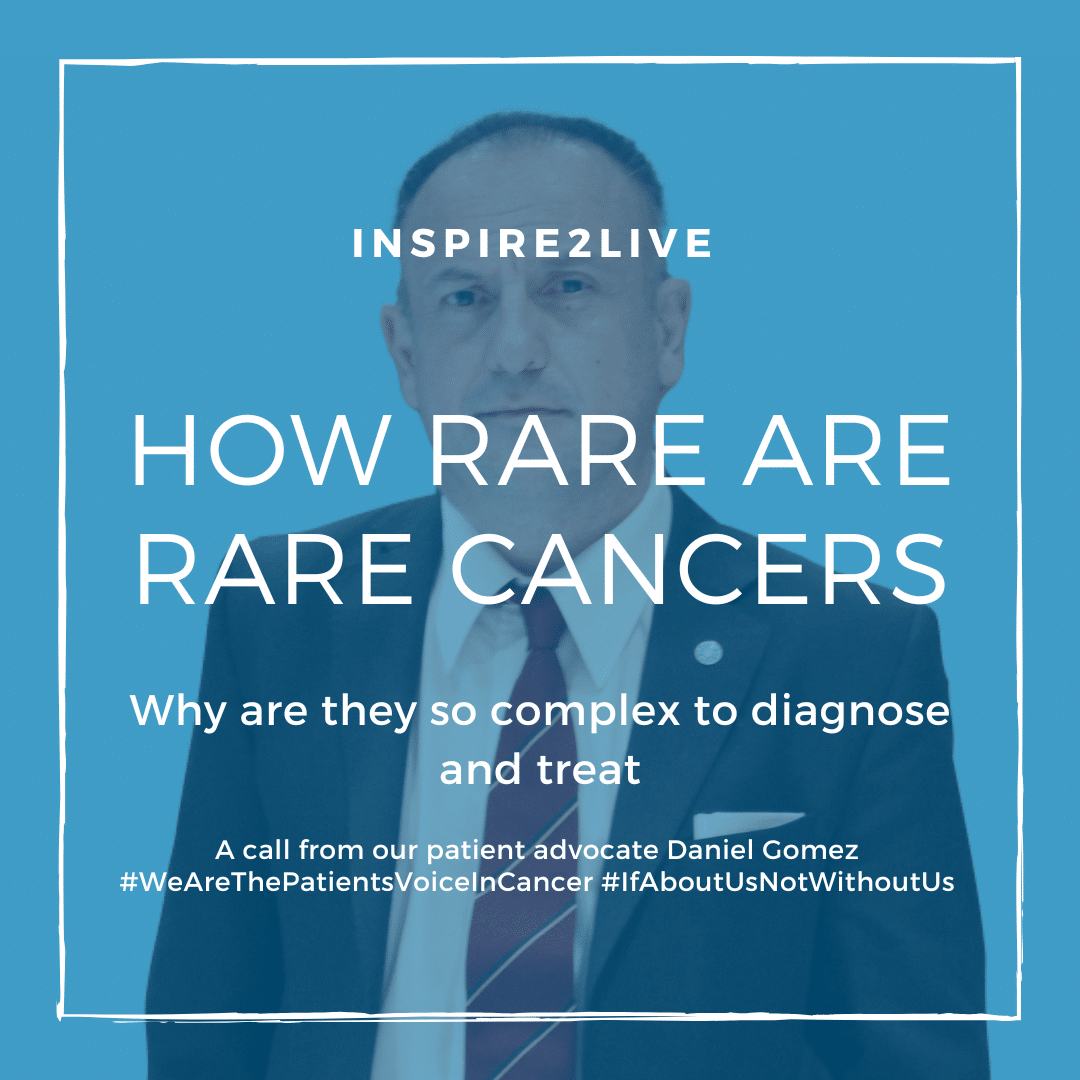Rare diseases are defined in the European Union as diseases with a prevalence of fewer than 5 cases out of a population of 10 000. In terms of cancers, 24% of all new cases are rare which means they belong to both categories of cancers and rare diseases. Joint Action on Rare Cancers (JARC) re-examined the list of 198 rare cancers, classifying them into 12 families according to their origin.
Not only do rare cancers make up a quarter of total cancer cases, but these patients also live less. Five-year relative survival was, on average, lower for rare cancers (47%) than common cancers (65%).
Uncommon cancers are so complex because they present specific difficulties for patients, medical professionals, and researchers that we should consider.
For patients
- Diagnosis often takes considerable time from when you first notice an issue to when a physician confirms the type of uncommon cancer you have.
- Finding specialists familiar with your specific cancer and its treatment can be daunting.
- Determining the right course of action can be complicated when there is disagreement among medical experts.
- You might have to journey far, leaving your family and friends behind, to access proper treatment.
For medical professionals
- You may be uncertain how to advise patients about the prognosis and progression of the uncommon cancer.
- There may be a lack of formal training in addressing such unique cancer types.
- Locating an expert in the specific cancer for consultation or referral can be challenging.
For researchers
- Existing data on the uncommon cancer might be scarce, limiting insights on potential treatments.
- There might be no animal or cell models to validate theories.
- Acquiring tumour samples from patients with these rare cancers for research might be limited.
- If a potential treatment is conceived, gathering a sufficient number of patients for trials is challenging.
Moreover, the medical industry often hesitates to invest significant funds in cancers with a low occurrence rate since these projects would not generate enough profit.
The Rare Cancers Working Group has been initiated by participating parties to i) prominently anchor the topic of rare cancers on the European policy map, ii) pinpoint and advocate suitable strategies, and iii) share exemplary methods. Several institutions endeavour to assist individuals impacted by uncommon cancers. A preliminary list of these can be located here >>
Whilst Europe and the United States have organisations helping in these cases, low or middle-income countries do not have such support, and it is becoming essential to create more of these groups worldwide.
Conclusion
The estimates of the rare cancer burden in Europe provide the first indication of the size of the public health problem created by these diseases and constitute a valuable base for further research. Centres of excellence for rare cancers or groups of rare cancers could provide the necessary organisational structure and critical mass for conducting clinical trials and developing alternative approaches to clinical experimentation for these cancers.
Daniel Gomez
Patient Advocate Inspire2Live

